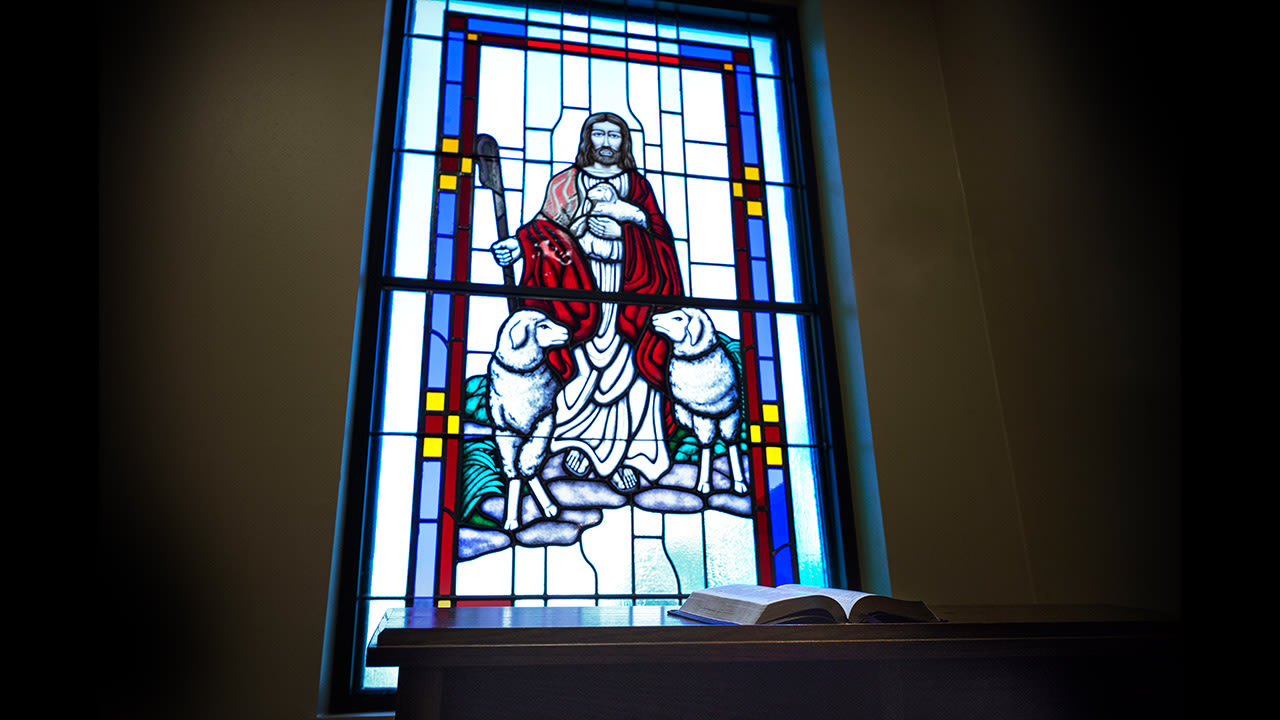6 Ways To Help Those Suffering a Dark Night of the Soul

GOD WAS SILENT. I could not feel His presence. And this was different—this time I had been walking with Him, yet it seemed like He moved. Do you know someone with a similar experience? For those with friends suffering such a “dark night,” I have some suggestions.
1. Avoid platitudes
The standard reply I received was, “Just remember that Moses had to wander for forty years in the desert.” Or “If it feels like God is far away, guess who moved?” More helpful replies were, “That stinks,” and “I am here right now.” Better yet was loving, silent presence.
2. Explore alternative ways to “do church”
Where two or more gather in His name, Christ is present. During that dark time, meeting with small groups ministered to me far more than church services where I felt like a spectator.
3. Encourage different practices from the usual
For me that meant exploring silence, solitude, kneeling by the bed to pray, and going on a silent retreat.
4. Recommend a spiritual director
I needed someone who understood spiritual formation, not merely a therapist. A spiritual director listened without judgment to my raging, and prayed over me.
5. Embrace lamentations together
When the apostle Paul seemed too black-and-white, and genocide in the Old Testament too harsh, David’s psalms still reached me—like “My God, why have you forsaken me?” I identified with Jeremiah in the book of Lamentations: “He has made me to dwell in darkness…. Even when I call out or cry for help, he shuts out my prayers” (Lam. 3:6,8). But Jeremiah also says, “Yet this I call to mind and therefore I have hope: Because of the LORD’s great love we are not consumed, for his compassions never fail” (vv. 21–23).
6. Recommend new authors
Eugene Peterson’s classic, A Long Obedience in the Same Direction, was a welcome companion. And prayer from the Book of Common Prayer reminded me that others had walked the same pathway. Most helpful was the honesty of old saints: John of the Cross, Ignatius, and Thomas Merton. Not many seasoned evangelicals have written on this issue, but the time-tested Christian classic works have endured for a reason.
Eugene Peterson’s words bring a needed reminder that God will hold onto us: “All the persons of faith I know are sinners, doubters, uneven performers. We are secure not because we are sure of ourselves, but because we trust that God is sure of us. Neither our feelings of depression nor the facts of suffering nor the possibilities of defection are evidence that God has abandoned us.”


